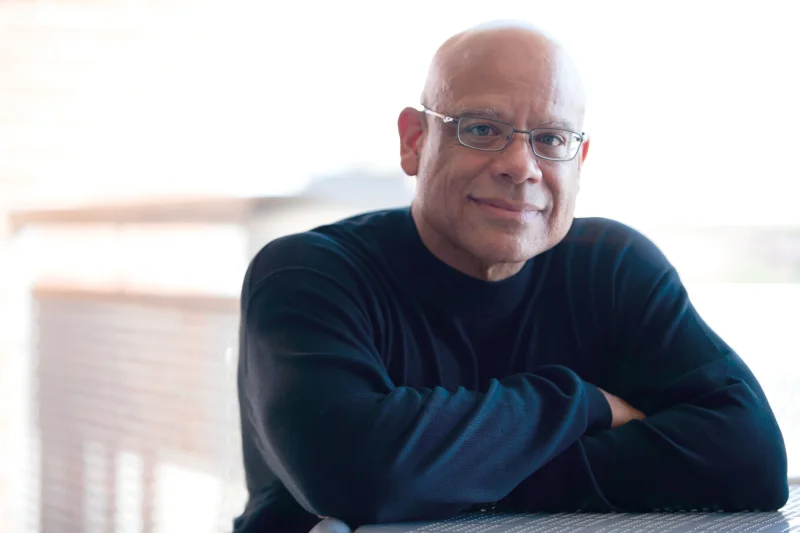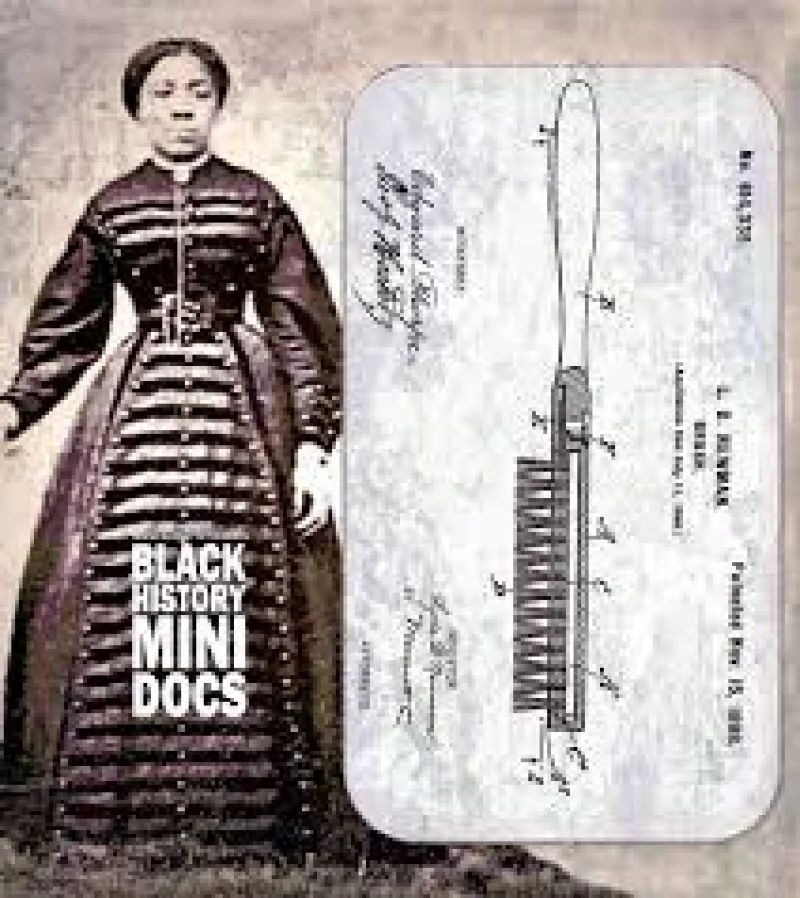Short Summary
Benjamin Franklin was a prominent American polymath whose contributions spanned various fields, including science, politics, and philosophy. He is renowned for his experiments with electricity, as well as his role in drafting the Declaration of Independence. Franklin's diplomatic efforts in France were crucial during the American Revolutionary War, and his legacy as a Founding Father of the United States remains significant. His inventions, writings, and political insights have left a lasting impact on American society and the broader world.
Early Life & Education
Benjamin Franklin was born on January 17, 1706, in Boston, Massachusetts, into a large family. He was the fifteenth of seventeen children born to Josiah Franklin and Abiah Folger. Due to financial constraints, his formal education ended when he was ten, but his thirst for knowledge led him to self-education through voracious reading. At the age of 12, he apprenticed with his brother James, a printer, which provided him with access to books and a platform for his early writings. His early exposure to the printing trade and intellectual circles shaped his future pursuits and achievements.
Career Highlights
Franklin's career was marked by a series of notable accomplishments. He first gained prominence as a successful printer and publisher in Philadelphia, launching the "Pennsylvania Gazette" and "Poor Richard's Almanack." His scientific experiments, particularly with electricity, garnered international acclaim. As a statesman, he played a pivotal role in American politics, helping to draft the Declaration of Independence and the U.S. Constitution. His diplomatic mission to France during the American Revolution secured crucial French support. Additionally, he served as the first U.S. Postmaster General, implementing reforms that improved postal service efficiency.
Major Achievements
- Conducted groundbreaking experiments with electricity, proving lightning is electrical and inventing the lightning rod.
- Helped draft the Declaration of Independence and the U.S. Constitution, laying the foundation for American democracy.
- Negotiated the Treaty of Paris in 1783, which ended the American Revolutionary War and recognized American independence.
- Authored "Poor Richard's Almanack," offering practical wisdom and wit to the American public.
- Founded the American Philosophical Society and the University of Pennsylvania, promoting education and scientific inquiry.
Famous Quotes
- "An investment in knowledge pays the best interest."
- "Well done is better than well said."
- "By failing to prepare, you are preparing to fail."
Interesting Facts
- Invented bifocal glasses, improving the quality of life for those with vision impairment.
- Established the first public lending library in America, fostering community learning.
- Was a skilled musician, playing multiple instruments including the guitar and harp.
- Created the first political cartoon in America, "Join, or Die," emphasizing colonial unity.
Legacy / Influence
Benjamin Franklin's legacy is profound, influencing generations with his scientific innovations, political philosophies, and civic-minded initiatives. His emphasis on education, self-improvement, and public service has inspired countless individuals and institutions. As a Founding Father, his vision for a united and democratic America continues to shape the nation's identity and values, making him an enduring symbol of ingenuity and leadership.
FAQ
Q: Why is Benjamin Franklin famous?
A: He is famous for his scientific discoveries, political contributions, and role as a Founding Father of the United States.
Q: What are some of Benjamin Franklin's inventions?
A: Notable inventions include the lightning rod, bifocal glasses, and the Franklin stove.
Q: What was Benjamin Franklin's role in the American Revolution?
A: He secured French support as a diplomat, which was crucial for the American victory.













